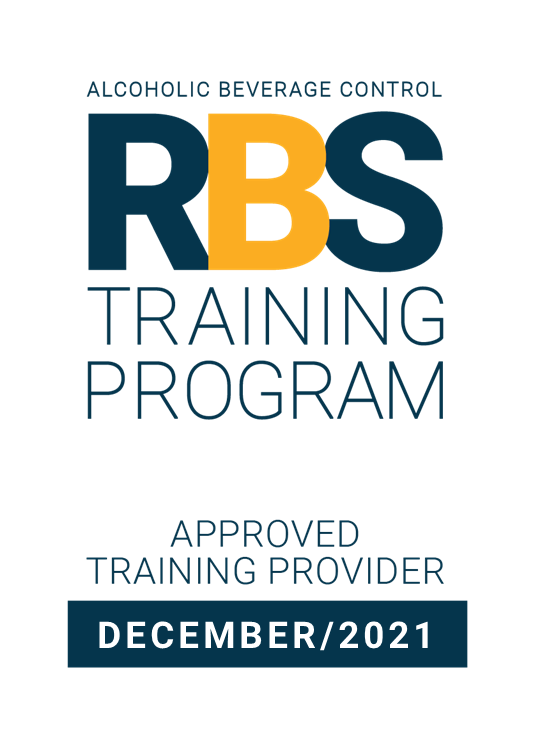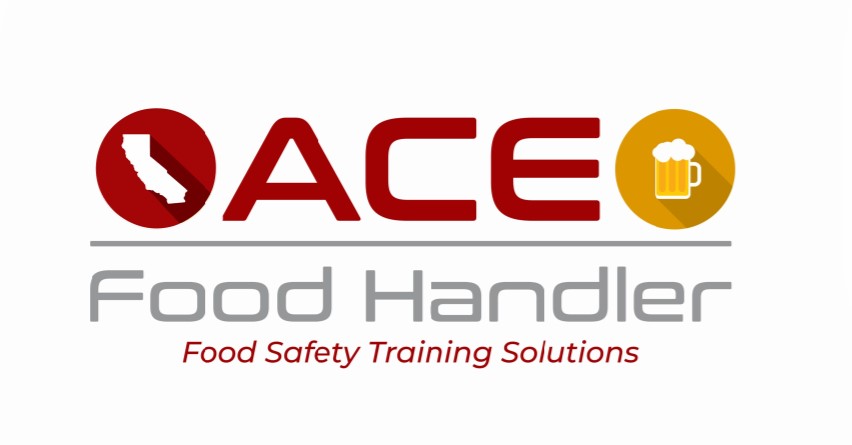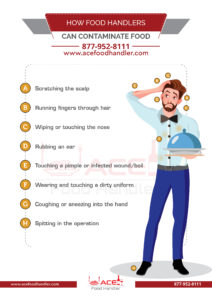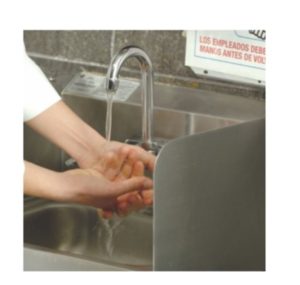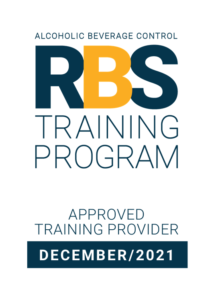It’s critical to recognize the potential hazards of food, especially if you’re in the food business. You can take preventative measures when you understand how food can get contaminated.
Food contamination causes foodborne sickness and its business-destroying relative, a foodborne illness outbreak. Food contamination occurs when something that should not be present enters the food, rendering it dangerous to consume.
However, every California Food Handler must be careful to avoid several food safety risks that could lead to food contamination, and this risk falls into three categories: biological, physical, and chemical. The most prevalent is the physical approach of how food handlers can contaminate food, causing illness in consumers.
Biological
Biologically, microorganisms offer no risk to health. Indeed, many species of bacteria are necessary for human survival and wellness. You’ve
undoubtedly heard of some of them, such as Lactobacillus acidophilus, which gives food a distinctive character and aids digestion.
However, Bacterial contamination is responsible for a more significant percentage of foodborne infections that end in hospitalization worldwide.
Chemical
It is difficult to remove chemicals from the food supply. Government bodies such as the FDA regulate many potentially dangerous substances, such as pesticides and herbicides. However, other substances can contaminate the food eaten that you may not be aware of.
Cleaning agents used to clean your food preparation surface and eating utensils can contaminate foods they come into touch with if not properly washed off, removed, or neutralized. A wide range of additives in chemicals is used in food preparation. Some affect human health, while some are good and many are toxic.
Physical
This is a direct approach to contamination; a physical food hazard is when a contaminant fall upon food that could cause illness or injury to the person eating it. Directly, food handlers can contaminate food or mistakenly introduce pathogens to food.
Hair in food, a tiny pebble in your salad that might shatter your tooth if you bite it, and many that may not be seen with the naked eye.
How Food Handlers Can Contaminate Food
Poor personal hygiene can pose significant problems in the kitchen or service area, causing food poisoning and may cause irreparable damage to the reputation of a food business.
As a food handler, you must maintain proper personal hygiene to maintain a safe working environment and avoid spreading foodborne illnesses. Avoid contamination of food by immediately properly washing your hands after any of the following:
Bacteria are food in hair follicles and cause folliculitis. Shaving or plucking hair on the head can cause folliculitis on the scalp.
A Food handler with a scalp ailment who scratches excessively may contract a scalp infection, causing harm to consumers.
Running a Finger through the Hair.
Also, hair is a source of microbiological contamination. As a result, every hair in food might be a source of cross-contamination and make consumers sick.
A professional food handler must avoid running your finger through your hair to lessen the chance of contracting any food poisoning that may fall into your food as a result of this action. It is advisable to cover hair tightly in the kitchen and service area.
Wiping or Touching the Nose
Microbes that are harmful to humans can be transmitted by diarrhea, vomiting, and nose fluids. Food poisoning germs are abundant in the nose and mouth and quickly transfer to food.
Stay at home if you have a cold or a sore throat: Cough or sneeze away from food, especially kitchen.
Rubbing an ear
Because the ear can harbor illness or discharge, food handlers should avoid massaging their ears to prevent food contamination.
Touching pimples of infected wound/boil
Pimples, wounds, and boils are the most common skin defects. They can spread when food is handled by someone who comes into contact with infected areas.
A food handler must avoid touching the infected area or preparing s ready-to-eat items, including salads, prepared meat, and fruit.
Wearing or toughing dirty uniform
Dirty clothing is a significant source of cross-contamination in the kitchen because it can transport bacteria from one location to another. All clothes should be washed and stored correctly to prevent the spread of bacteria.
Avoid wearing or touching dirty clothes, and always use high-quality cleaning chemicals—store clean garments in a clean, dry place, away from any potential sources of contamination.
Coughing and Sneezing unto Hand
If you cough or sneeze into your hands, wash your hands and replace any gloves properly. Wipe away sweat from your face with a cloth or paper towel, then thoroughly wash your hands to save your food consumers.
Spitting in the operation
Pathogens can cause foodborne diseases or infections through saliva. So, avoid spitting in the kitchen or food area to prevent spreading infectious diseases, which are distributed through saliva.
To reduce the possibility of contamination in your food operation, always:
- Maintain solid hygiene standards
- Cover raw food on shelves, or refrigerate
- Make different sorts of cuisine with other tools or utensils
- Wash your hands frequently with the proper hand washing technique.
- Properly handle and dispose of food scraps and waste.
Preventing food contamination in your food service establishment
Everyone who handles food must take all reasonable care to prevent foodborne disease and contamination from affecting the public. Knowing food handling performance will have a negative and positive impact on productivity.
Training is the most effective means of preventing food contamination and ensuring food safety. Learn all rudiments of food safety today. Become a California Food Handler at Ace Food Handler today.
You can download your free copy of How Food Handlers Contaminate food below.
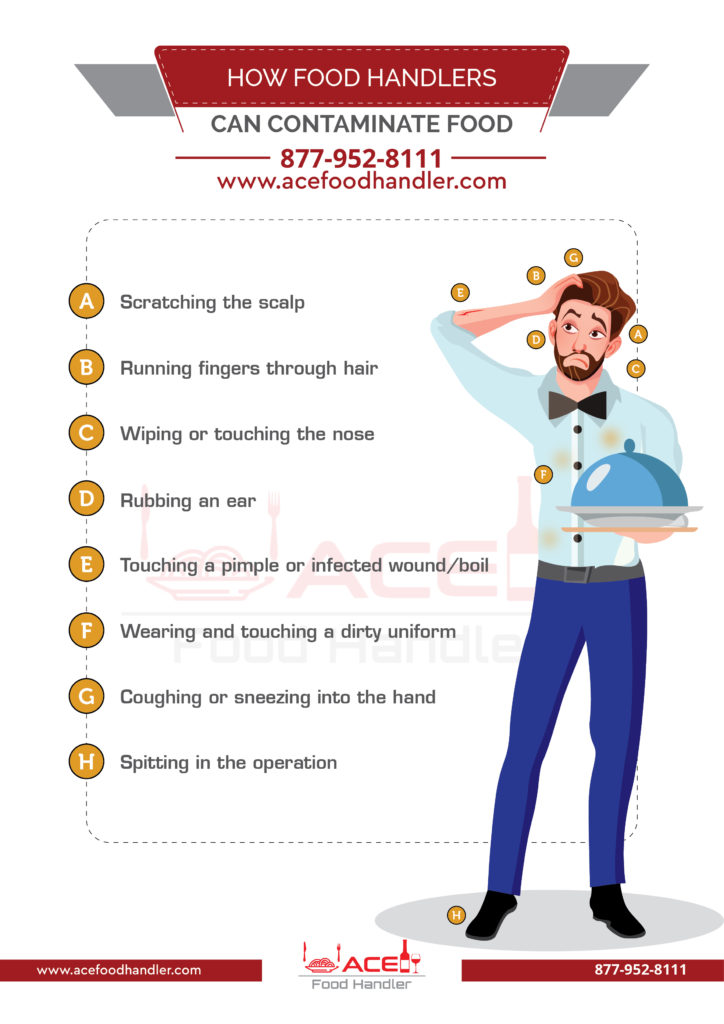
How Food Handlers Contaminate Foods
 |
ACE Food Handler's food handlers card training and test uses the latest instructional design techniques to help you retain food safety concepts so you are ready to work. The description below applies to most of our food handlers card training course, however due to the varying array of requirements across the nation, your course might be a little different. Find your state county and city above to learn more about food handler training for your area. Format: Online Approval Purpose Scope Food Handler Course Content:
|
Frequently Asked Questions
A food handlers card (also commonly referred to as a certificate, card, or permit) is used as documentation to prove to employers and/or health departments that you have completed a food safety course that is approved and/or recognized by your city, coutny, or state Health Authority. It is valid for 2 to 4 years depending on your local government requirments.
This varies by employeers and city, county, and state governements. It is best to ask your employer (current or future) or Local Health Authority about when you will need to aquire your food handler card based on your employement date.
ACE Food Handler works with numberjous health departments and regulatory agencies across the country. ACE Food Handler’s food handlers card courses are created to meet the requirements of specific city, coutny, and state requirements. If you have questions about your city, county or state requirements please call your employer (current or future) and/or you Local Health Authority.
A food handlers card, permit, or certificate for your area. You will be able to print or download your food handler certificate after you have received a passing score on the final exam. You will also be emailed a PDF a copy of your certificate to the email address you provided so please check your inbox and/or spam box also.
Coming Soon
If your food handlers card, certificate, or permit has expired, you will need to purchase a new course for your state and retake your states food handler training and test to get your new card. Click here to find your State
If you need to reprint your current card, login and go to the Start My Course. From there, you can click on the name of your Certificate under the heading "My Certificates" on the right hand side of the screen and print or download your food handler or alcohol seller/server card or certificate for free.
If you need to track your employees or restaurants food handler certifications we offer:
- Custom Portals
- Custom Coupons
- Branding
- Reporting by Store and Company Levels
- Variable Access Levels
- Contact ACE for a Custom Solution for your Business
Below are a list of Food Handler and Alcohol Seller/Sever Resources you can use
Food Safety Resources
Alcohol Seller/Server Resources
